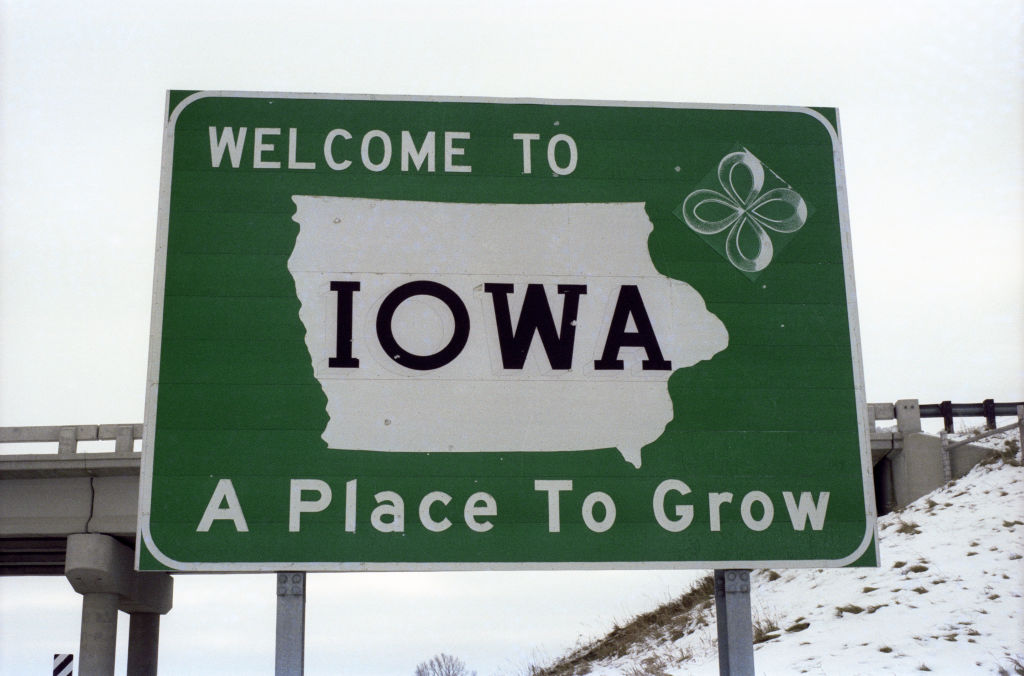In 2007, a three-judge panel of the 7th Circuit in Indiana upheld the nation’s first voter ID law along party lines.
At the time, Democrats and the American Civil Liberties Union argued that a voter ID law passed by a Republican-controlled legislature in Indiana would have a disparate impact on the poor and minorities due to both groups being less likely to have the proper identification needed to vote or the means to attain it.
In Judge Richard A. Posner‘s majority opinion, he deemed the benefits of voting to be “elusive” based on the notion that one voter alone could cast a decisive ballot in an election. It was a surface-level way of looking at the issue, given it appeared obvious to most that the intent of voter ID laws was not to target any one individual. Rather, the law was designed to suppress voters in a collective effort to sway elections in the favor of the party whose demographics don’t resemble those of color.
As Richard L. Hasen, a professor at Loyola Law School, noted in a Washington Post op-ed, “Posner regarded it as important that the plaintiffs did not produce any voters who claimed to be disenfranchised by the law.”
Six years later, Judge Posner now seems to have a change of heart. In an interview with Huffington Post Live on his new book “Reflections On Judging,” Judge Posner had this to say when asked whether he and the 7th Circuit made the wrong decision in Crawford v. Marion County Election Board:
“Yes. Absolutely. And the problem is that there hadn’t been that much activity with voter identification. And … maybe we should have been more imaginative… we…. weren’t really given strong indications that requiring additional voter identification would actually disfranchise people entitled to vote. There was a dissenting judge, Judge Evans, since deceased, and I think he is right. But at the time I thought what we were doing was right. It is interesting that the majority opinion was written by Justice Stevens, who is very liberal, more liberal than I was or am…. But I think we did not have enough information. And of course it illustrates the basic problem that I emphasize in book. We judges and lawyers, we don’t know enough about the subject matters that we regulate, right? And that if the lawyers had provided us with a lot of information about the abuse of voter identification laws, this case would have been decided differently.”
In his book, Posner writes:
“I plead guilty to having written the majority opinion (affirmed by the Supreme Court} upholding Indiana’s requirement that prospective voters prove their identity with a photo id—a law now widely regarded as a means of voter suppression rather than fraud prevention.”
I celebrate anyone acknowledging wrong doing, but I still take issue with Posner’s shortsightedness. Did it really require that much imagination to see how a voter ID law might’ve been hurtful to minorities and poor people? Posner and his fellow judges were all old enough to recall a time in which Black people being kept out of the polling booths was essentially the law of the land. Moreover, there were already cries of suppression with similar legislation in states like Florida. The state of Indiana itself even admitted that there was no instance of voter impersonation that an ID law could’ve prevented.
And Hasen wrote in his op-ed on the decision, “While there is a history of voter fraud through absentee ballots, such ballots — often favored by Republicans — were not covered by the new law.”
So there was precedence and evidence of an inherent bias, but the court chose to see past it. These laws are not designed to prevent voter fraud that’s already been found to be virtually non-existent; they are engineered to restrict what little power the people with the least of it already have. One study performed by the AFL-CIO concluded that more than 30,000 Pennsylvanians may have stayed home during the November 2012 election due to confusion over the state law.
Of course, that was the underlying intent.
Though much thanks to you, Judge Posner, for seeing the error of your ways. But your short-sightedness lended credence to a poison that the conservative-led Supreme Court and Republican leadership are rushing to spread just in time for 2014 and 2016. Thankfully, at least Attorney General Eric Holder is trying to be a “little more imaginative” than them and Posner’s 7th Circuit.
Michael Arceneaux is a Houston-bred, Howard-educated writer. You can read more of his work on his site, The Cynical Ones. Follow him on Twitter: @youngsinick























